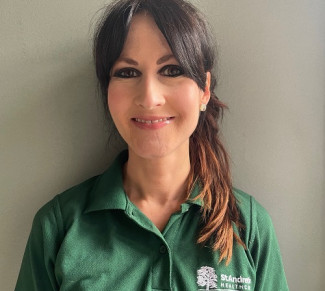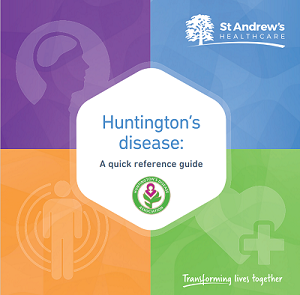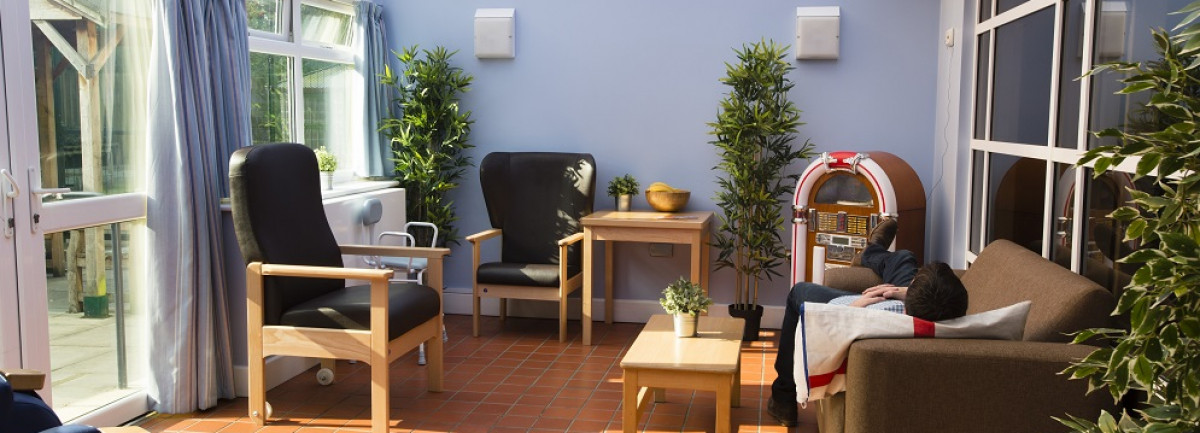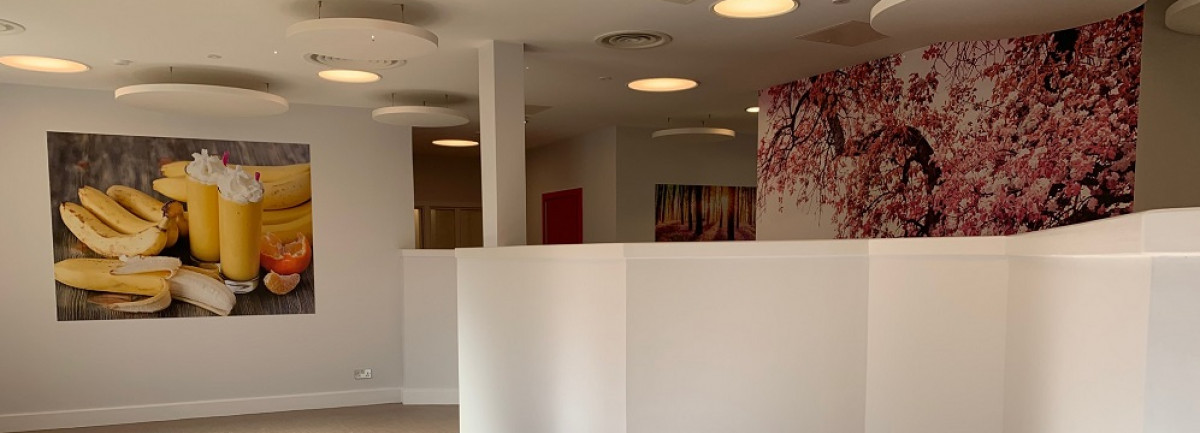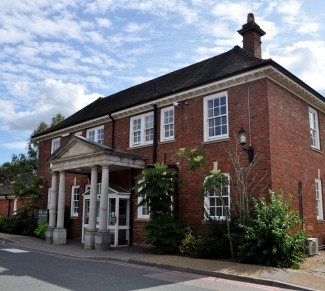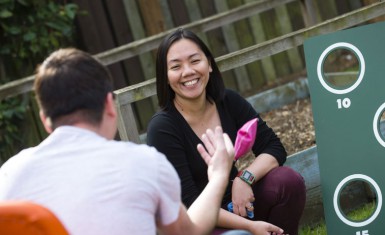- About
- About Us
- Who we are
- Our heritage
- Our leadership
- Our board meetings and papers
- Our psychiatrists
- Our locations
- Patient outcomes
- Governance, CQC ratings and Annual reports
- Our Policies
- Infection Control
- News & Events
- Services
- The Care We Provide
- Our services
- Acute and Psychiatric intensive care
- Men's Mental Health
- Women's Mental Health
- Child and Adolescent Mental Health (CAMHS)
- Learning Disability
- Autistic Spectrum Disorder
- Neuropsychiatry
- Specialist Services
- Forensic secure services
- Rehabilitation
- Neuropsychiatry - brain injury
- Neuropsychiatry - complex dementia
- Neuropsychiatry - Huntington's Disease
- Deaf
- Older Adult services
- Personality Disorder services
- Women's Blended Mental Health Service
- Workbridge
- Outpatient Services
- Outpatient Services
- Criminal Justice
- Expert witnesses
- Private therapy
- Veterans
- Assertive Transitions
- Make a Referral
- Bed & ward search
- Patients & Carers
- Patient Information
- Patient information
- Patient education and work experience
- Holistic care
- Frequently asked questions
- Co-production
- Family, Friends & Carers
- Careers
- Careers
- Key Roles
- Bank nursing staff
- Healthcare Assistant
- Dietetics
- Education
- Non-clinical roles
- Medical and psychiatry
- Key Roles
- Education
- Education
- Education opportunities
- Placements
- MSc Practitioner in Psychological Trauma
- PGDip Practitioner in Complex Trauma
- Patient and Service User
- CDCT
- Research Centre
-
Our Services » Neuropsychiatry services » Neuropsychiatry - Huntington's Disease (HD)
 PICU and Acute Bed Availability
PICU and Acute Bed Availability


 "It's really important that we remember that you can live well with HD and although there isn't a cure at the moment, we can treat the symptoms"
"It's really important that we remember that you can live well with HD and although there isn't a cure at the moment, we can treat the symptoms"
